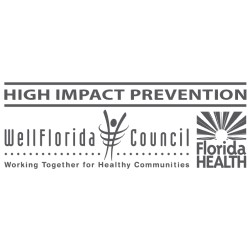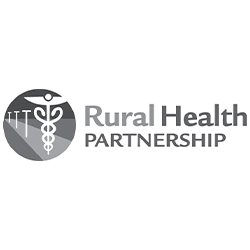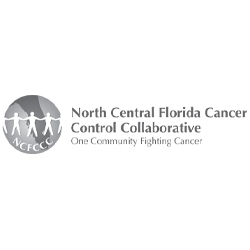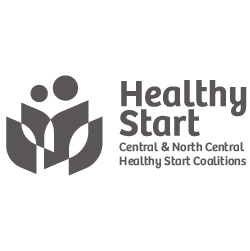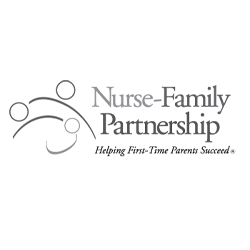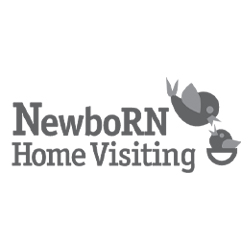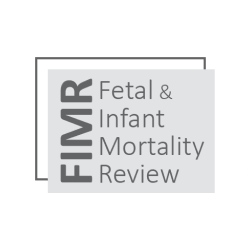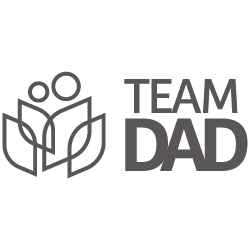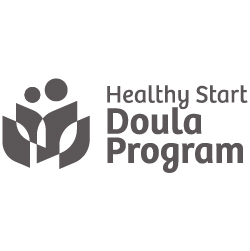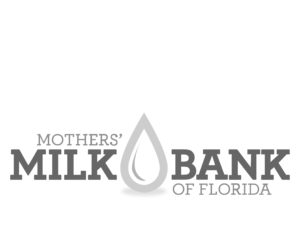Black HIV/AIDS Awareness Day is Saturday
Special to The Guardian
By Aida Maillard
The theme of National Black HIV/AIDS Awareness Day, held annually on Feb. 7, is “I Am My Brother/Sister’s Keeper: Fight HIV/AIDS!”
And in Gainesville, you can fight HIV/AIDS by getting educated and tested for free at the following locations:
Alachua County Health Department, 224 SE 24th St.: 9 a.m.-4 p.m. Monday-Friday, by appointment only (352-334-7960).
Library Partnership, 1130 NE 16th Ave.: 11 a.m.-3 p.m. Feb. 13 and Feb. 15 (352-334-0161).
Walgreens Pharmacy, 1120 E. University Ave.: 4-6 p.m. the second and fourth Wednesday of each month (352-380-0131).
“Knowing your own HIV status is crucial,” she said. “If you don’t know your own HIV status, you can’t get into treatment and you can unknowingly pass the virus on to others. Anyone at risk should be tested, no matter what their age is.”
In observance of National Black HIV/AIDS Awareness Day, NKwanda Jah, a board member of BASE, or Black AIDS Services and Education, said BASE is launching an education and fundraising campaign and will challenge fraternities, sororities, churches, non-profits and other organizations to donate and also take at least one fact about HIV/AIDS to discuss within their organizations. She said funding would be used to purchase education materials for community outreach efforts.
“We expect to do more education than funding with our challenge,” Jah said. “Our No. 1 priority is awareness and education outreach.”
Koehler-Sides said a lot progress has been made in saving lives.
From 1988-2010, Koehler-Sides said HIV/AIDS had been the leading cause of death for blacks ages 25-44 in Florida, but since 2013, it is the fifth leading cause.
“Prevention is key,” she said. “Treatment is prevention.”
Koehler-Sides said those with HIV/AIDS who do not get treatment are twice as likely to die and 25 times more likely to transmit the virus. “That’s why HIV/AIDS treatment and testing is so important,” said Koehler-Sides, who encourages people to get tested, use protection when engaging in sexual intercourse, and to seek treatment, if needed.
Jah called for more resources for outreach.
“In the last few years, we’ve gotten lax about HIV/AIDS, we’re not taking it as serious as we should because so much work has been done and people are doing so well,” Jah said. “I’ve seen a decrease in resources for education awareness.”
According to the Centers for Disease Control and Prevention, National Black HIV/AIDS Awareness Day was started 14 years ago to focus attention on HIV in blacks, the group most affected by HIV in the U.S. Although blacks make up only 12 percent of the U.S. population, they have 44 percent of all new HIV infections.
Richard Willis, human services program consultant at the Alachua County Health Department, said an estimated 927 people in Alachua County have HIV, and 585, or 60 percent, are black, while 325, or 33 percent, are white, and 45, or 5 percent, are Hispanic.
In Florida, an estimated 106,809 people have HIV, and 50,879, or 48 percent, are black, while 31,341, or 29 percent are white, and 22,523, or 21 percent, are Hispanic.
Gay Koehler-Sides, coordinator for area 3/13 HIV/AIDS at the Alachua County Health Department, said unprotected sexual intercourse is the most common mode of transmission.
Back to News page
